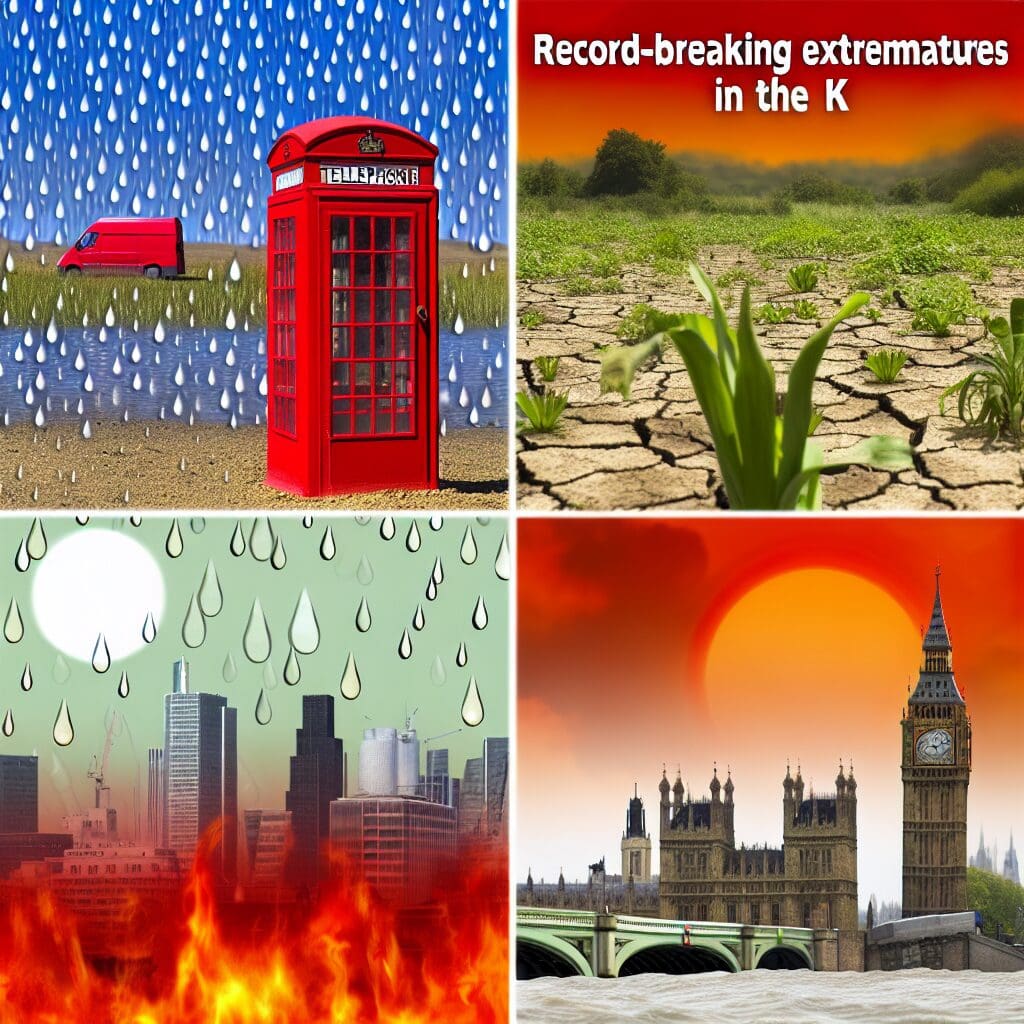Extreme temperatures in the UK are becoming a pressing concern, as highlighted by a recent Met Office report. The findings indicate that climate change is not merely a distant threat but a tangible reality that is reshaping weather patterns, leading to record-breaking heat waves and colder winters.
In recent years, the UK has experienced unprecedented temperature rises, with days that surpass traditional norms becoming more frequent. For instance, the summer of 2022 recorded temperatures that soared above 40 degrees Celsius for the first time in history. Such extremes pose significant risks to public health, agriculture, and infrastructure.
The implications of these changes extend beyond mere discomfort. Excessive heat can lead to severe health complications, particularly for the elderly and vulnerable populations. Moreover, farmers face challenging growing conditions that affect crop yields and food security. The increasing unpredictability of weather also puts pressure on businesses, necessitating adjustments in operational plans and supply chain management.
Furthermore, the Met Office has urged the government and organizations to take immediate action. This includes investing in sustainable practices and innovative technologies aimed at reducing carbon emissions. Adoption of renewable energy sources, enhancement of public transportation, and promotion of energy-efficient buildings are crucial steps toward mitigating these climate impacts.
Raising awareness about climate change and its local effects is vital, as individual actions can collectively make a significant difference. Simple lifestyle changes, like reducing energy consumption or opting for public transport, can contribute to the broader efforts against climate change.
As we face these challenges, the necessity for proactive measures has never been clearer. Stakeholders must unite to address the pressing threat of climate change and work towards a sustainable future for the UK.











